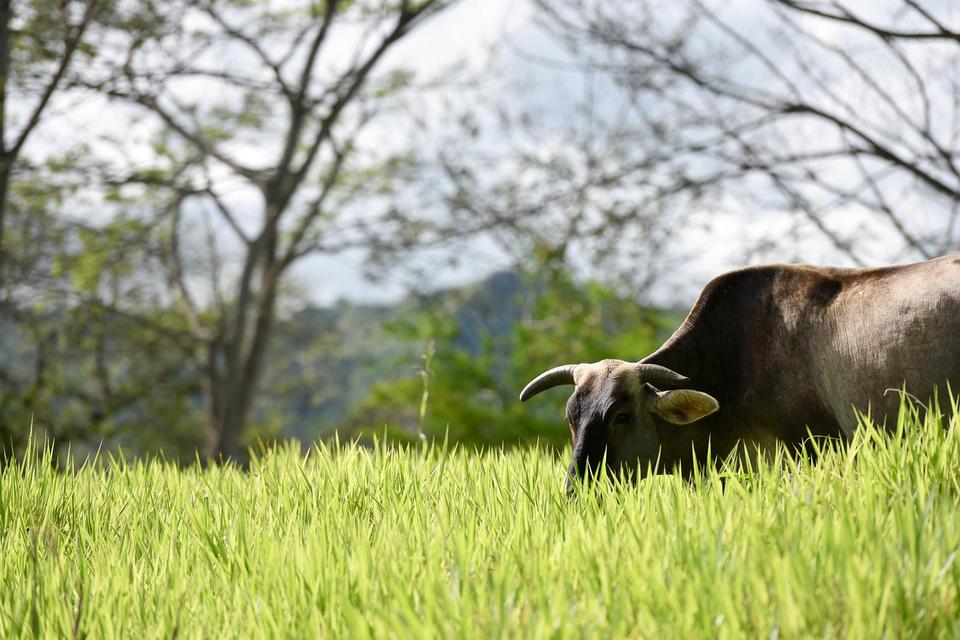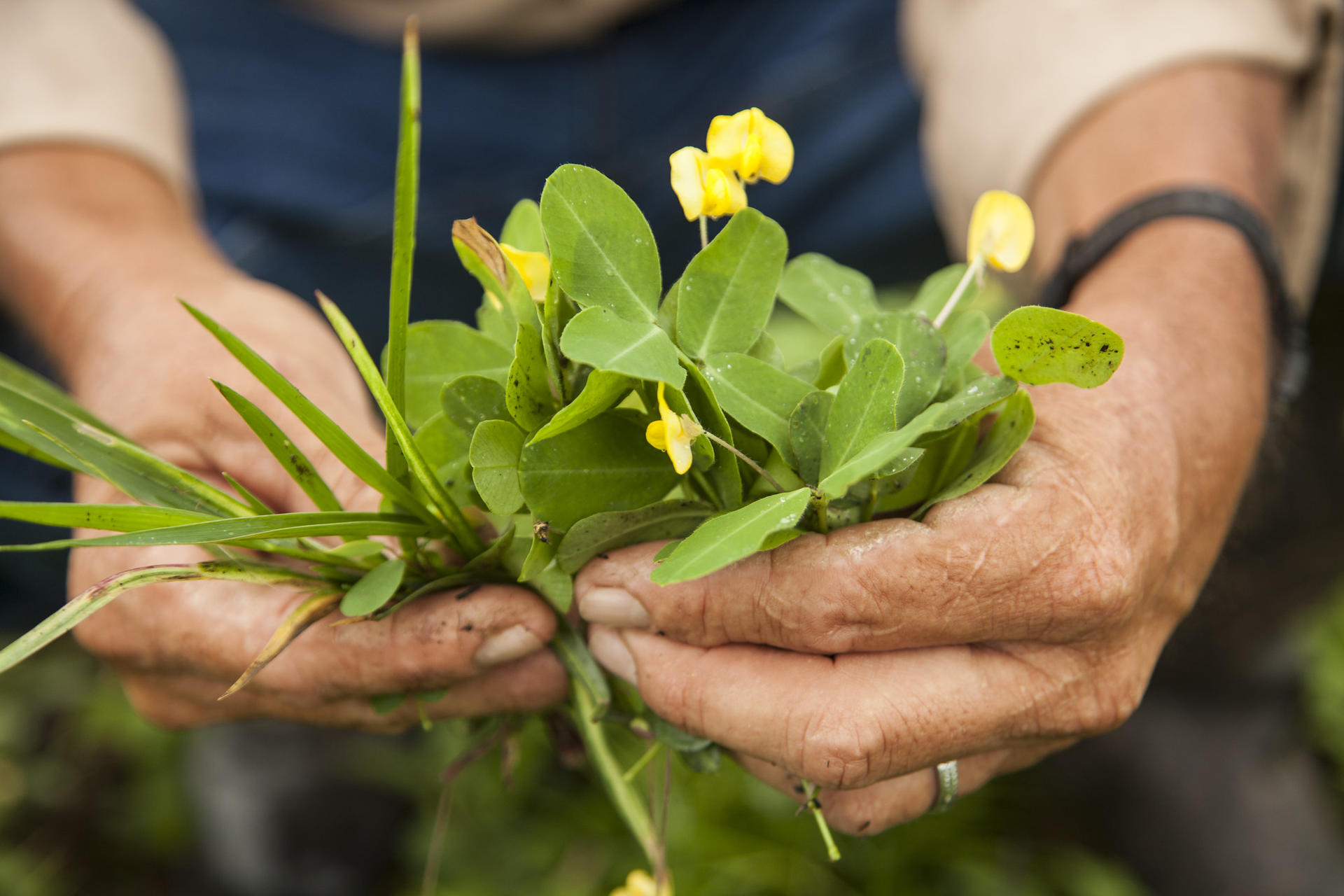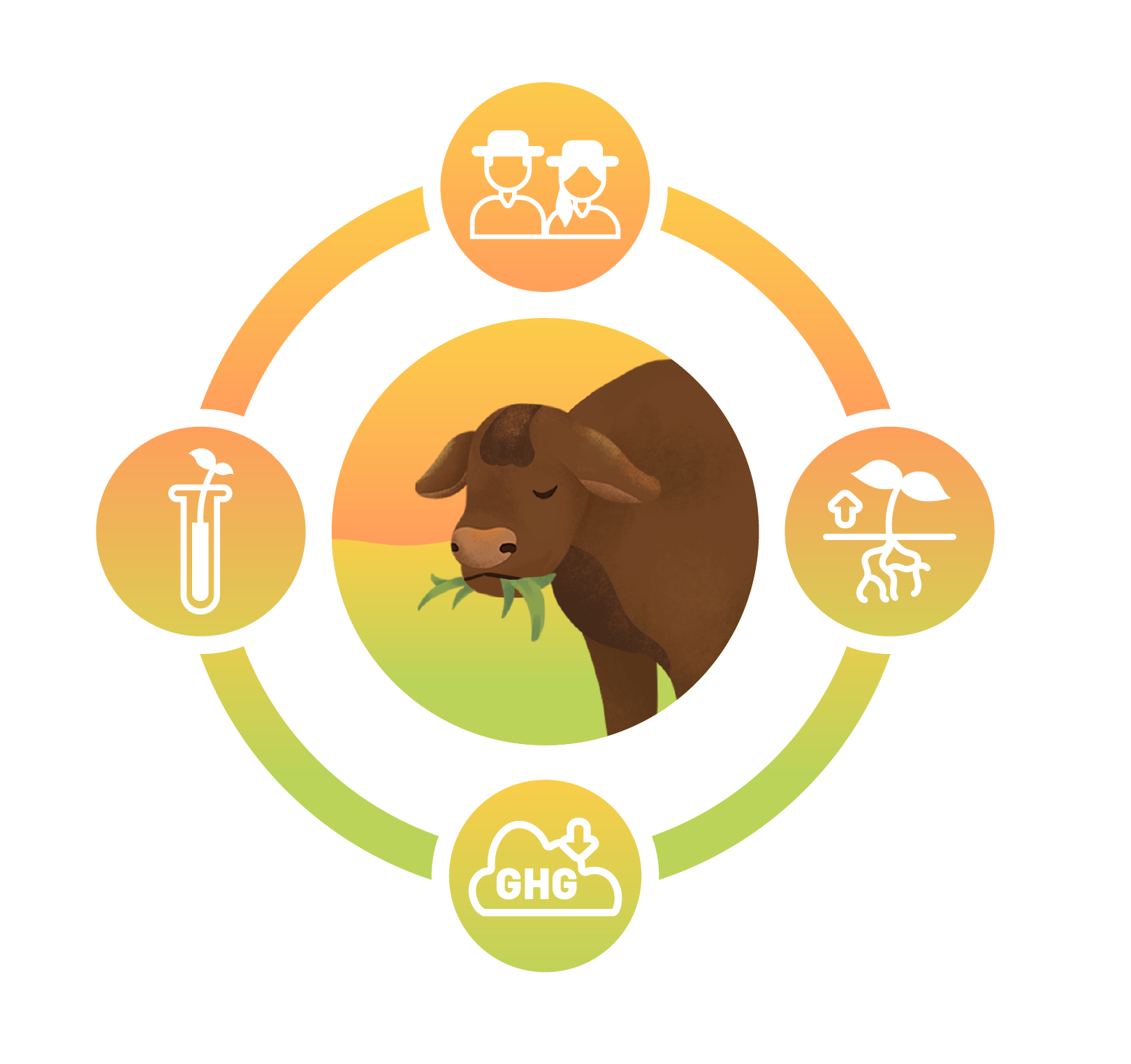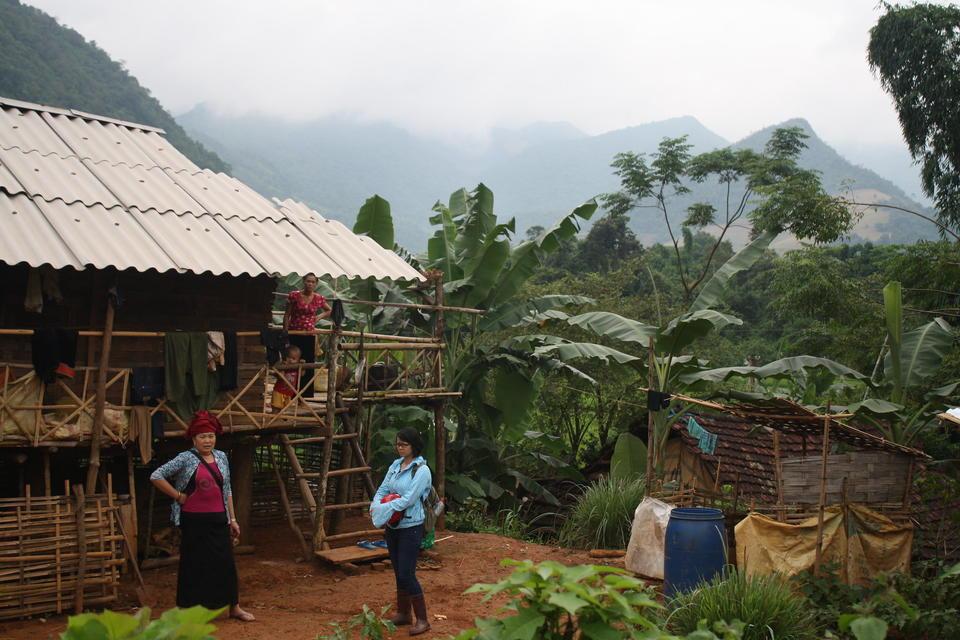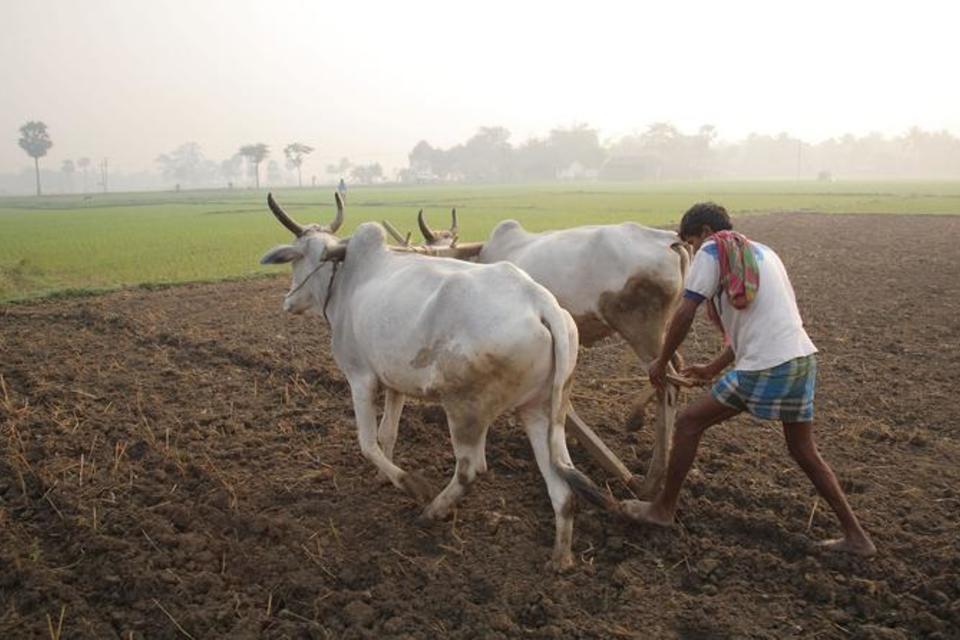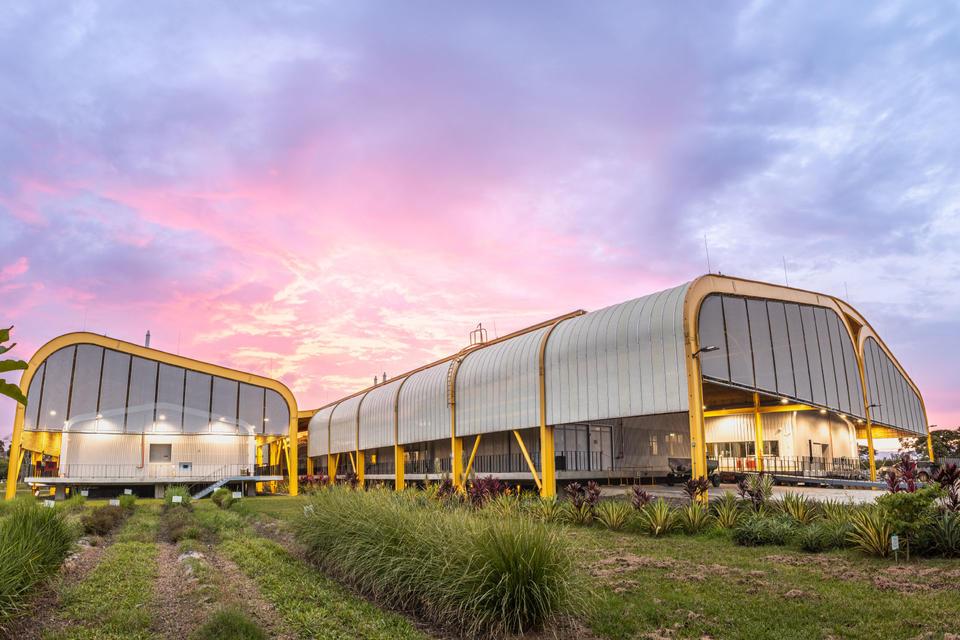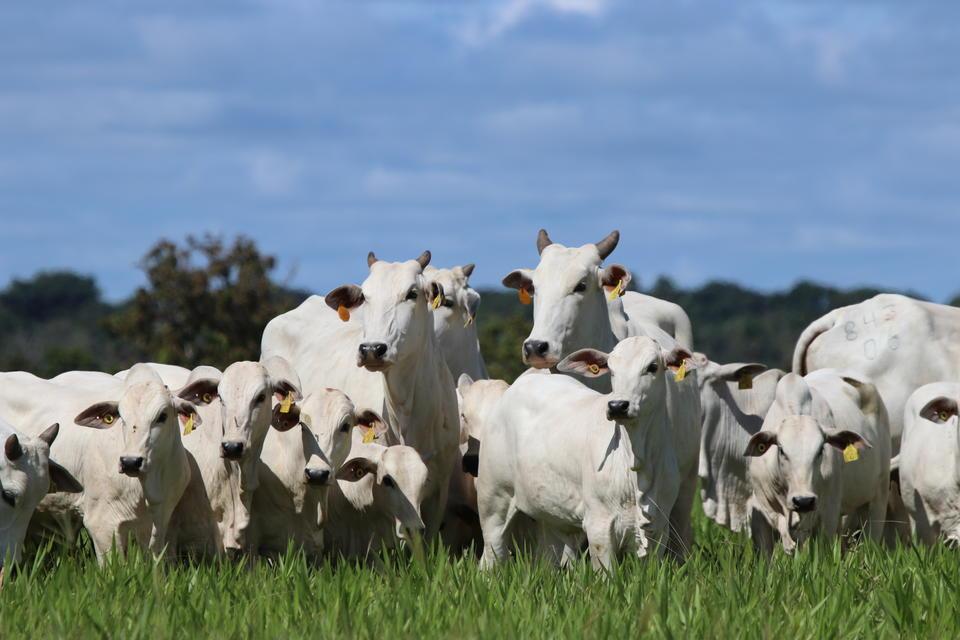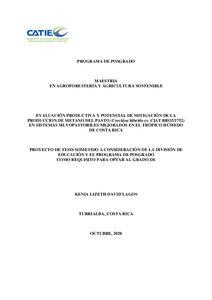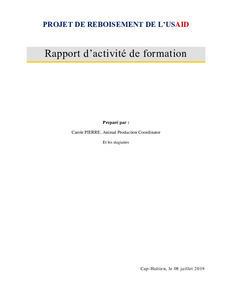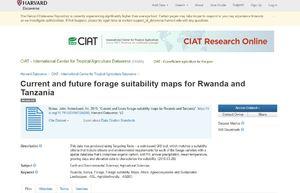The Importance of Tropical Forages Research
For farmers in tropical regions, forages can provide a reliable and nutritious feed source for their livestock, improving their health and productivity, leading to increased income and improved livelihoods. Furthermore, tropical forages provide multiple ecosystem benefits such as mitigating climate change, increasing soil fertility, reversing land degradation, enhancing biodiversity, and optimizing resource use.
Tropical forages are often adapted to multiple stresses and can enhance resilience including in more constraint environments. Being the crop with the widest extension in growing area, improved forages are critical to reduce the land and other resources used for livestock production, and transforming performance in crop-livestock-tree interactions.
Researchers are interested in tropical forages' potential to improve livestock productivity, enhance systems performance and resilience, and maximize ecosystem and livelihood benefits. Through research, new and improved varieties of tropical forages are developed that are more tolerant to a variety of abiotic and biotic stresses.
Upscaling is a key part of tropical forages work at the Alliance, through interactions with a wide range of partners, leading to more efficient and sustainable crop-livestock-systems, which lead to higher yields, lower production costs, and ecosystems benefits.
The Alliance's research on tropical forages addresses the challenges of livestock production and crop-livestock-tree systems in tropical regions and – with the increasing impacts of climate change - is increasingly widening.
